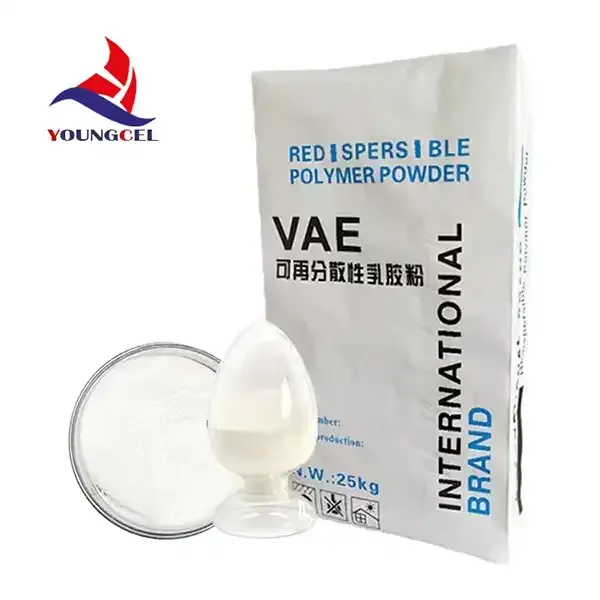Adhesive for Tile A Comprehensive Guide
When it comes to tiling projects, whether in residential or commercial settings, the importance of the right adhesive cannot be overstated. The adhesive for tile is a fundamental component that ensures the durability, stability, and aesthetic appeal of tiled surfaces. Selecting the appropriate adhesive not only influences the longevity of the tiles but also affects installation ease and performance. In this article, we will delve into the types of tile adhesives available, their features, and tips for making the best choice for your project.
Types of Tile Adhesives
1. Cement-Based Adhesives This is the most common type of tile adhesive used in various projects. Cement-based adhesives come in two forms dry-set mortar and modified thin-set mortar. Dry-set mortars are ideal for standard applications but may require additional additives for enhanced performance. Modified thin-set mortars contain polymers that improve adhesion and flexibility, making them suitable for a wider array of substrates and tile types.
2. Pre-mixed Adhesives These are ready-to-use adhesives that come in buckets. They are convenient and save time during installation, but they are generally not recommended for heavy or large format tiles. Pre-mixed adhesives are suitable for smaller projects, such as backsplash installations, and for DIY enthusiasts.
3. Epoxy Adhesives Known for their strong bonding capabilities, epoxy adhesives are ideal for areas that are subject to moisture, chemicals, or heavy traffic. They consist of two components that are mixed before application. While they provide a durable bond, their installation process can be more complicated and requires precise mixing and timing.
4. Mastic Adhesives Mastic is a type of adhesive that is easy to apply and is often used for wall tiles in residential projects. However, it is not suitable for wet areas, as it can break down over time. Therefore, it is crucial to use it in appropriate environments.
5. Specialty Adhesives Certain situations require specialty adhesives, such as those designed for natural stone, large format tiles, or heated flooring systems. These adhesives are formulated to handle specific challenges and ensure optimal performance.
Choosing the Right Adhesive
adhesive for tile

When selecting adhesive for tile, consider the following factors
- Tile Type Ensure the adhesive is compatible with the tile material you are using—ceramic, porcelain, glass, or natural stone.
- Location Assess the environment where the tiles will be installed. Wet areas like bathrooms and kitchens require waterproof adhesives, while outdoor applications need adhesive that can withstand temperature fluctuations.
- Tile Size and Weight Larger and heavier tiles will benefit from modified thin-set mortars or epoxy adhesives that provide greater bond strength.
- Substrate Compatibility Verify the type of substrate you will be working with, as some adhesives work best on concrete, cement board, or drywall.
- Application Method Determine if you prefer the convenience of pre-mixed options or if you are comfortable mixing and applying cement-based products.
Conclusion
The right adhesive for tile is crucial for a successful installation that withstands the test of time. Whether you’re a homeowner embarking on a DIY project or a professional contractor, understanding the different types of adhesives available and their appropriate applications can greatly impact the results of your tiling endeavors. Always prioritize quality and compatibility to ensure that your tiled surfaces remain beautiful and functional for years to come. Taking the time to choose the right adhesive will pay off in the longevity and appearance of your tiled areas.
-
Rdp that The Revolutionary Polymer Powder Transforming Modern Construction MaterialsNewsAug.11,2025
-
Hpmc Powder that Versatile Additive for Detergents and Personal CareNewsAug.11,2025
-
Hpmc Hydroxypropyl Methylcellulose that Essential Building Material Additive from Shijiazhuang Gaocheng YongfengNewsAug.11,2025
-
Hydroxypropyl Methyl Cellulos Hpmc that Essential for Construction ApplicationsNewsAug.11,2025
-
Mhec Powder that Revolutionizing Construction Chemistry with Cellulose Ether SolutionsNewsAug.11,2025
-
Industri Hpmc that The Global Backbone of Advanced ConstructionNewsAug.11,2025




